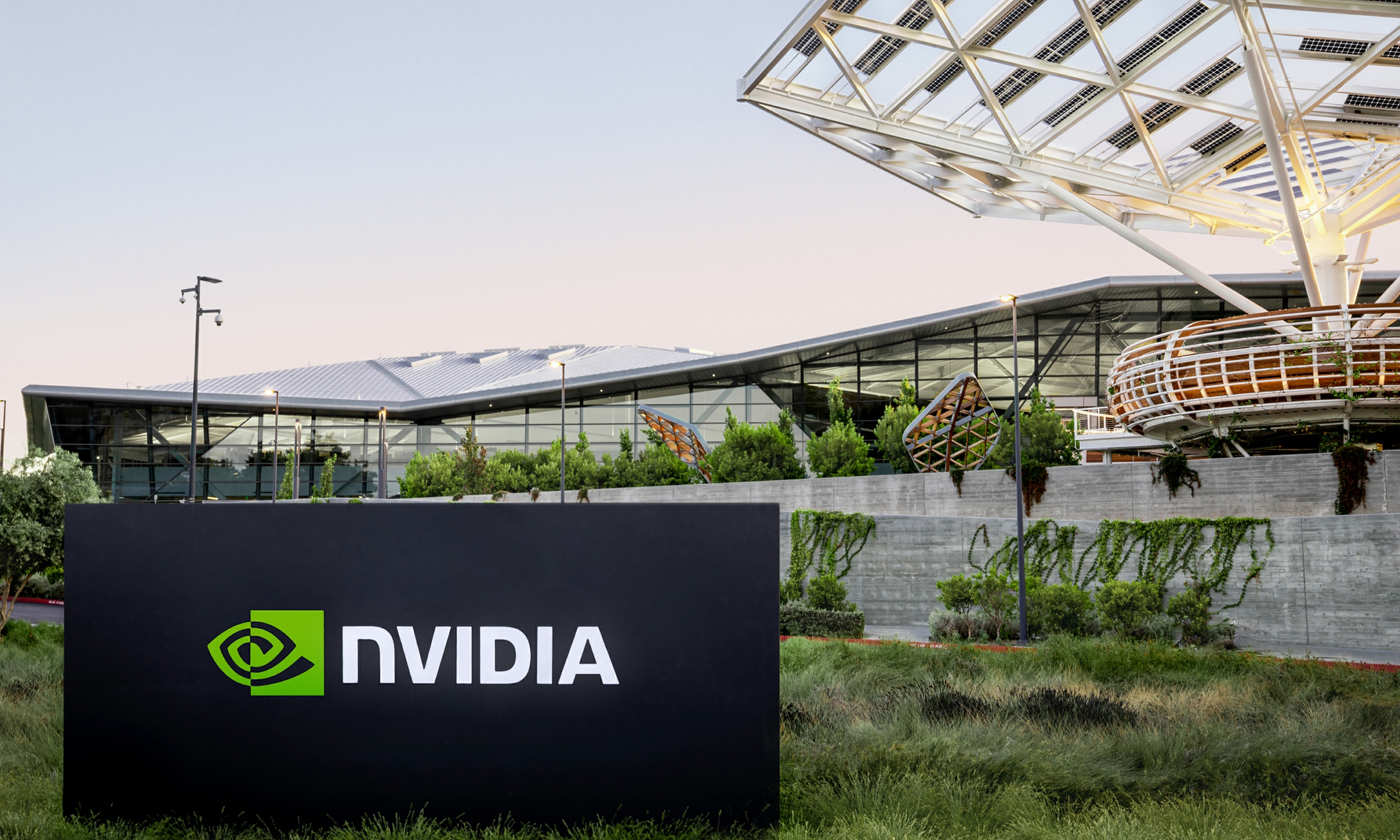In segment from Motley Fool Answers, Alison Southwick and Robert Brokamp are joined by senior Motley Fool analyst Simon Erickson to talk about the disruptive trends of artificial intelligence, robotics, and automation. They consider what it means to the economy, and to the individual, that the job market is quite this ripe for disruption by machines.
And, in fact, Erickson takes an optimistic view on what rising automation could do for the nature of human work and society more broadly. But what we're sure you want to know is what kind of jobs are least susceptible to being replaced.
A full transcript follows the video.
This video was recorded on June 13, 2017.
Alison Southwick: Hey, here's a fun stat.
Robert Brokamp: Yes, what's that stat?
Southwick: You're going to find this stat terrifying; however, I find it intriguing and Simon's going to find it ... I don't know.
Brokamp: Stimulating.
Southwick: Stimulating. So, according to PwC, 40% of jobs in the U.S. may be vulnerable to replacement by robots in the next 15 years.
Brokamp: Just 15 years?
Southwick: Just. See, you've got 15 years before you're out of a job, Robert Brokamp. I'm going to get a robot to sit in that chair and say, "Buy an index fund!"
Simon Erickson: The Brobot.
Brokamp: A Brobot! There you go.
Southwick: "Buy and hold!"
Brokamp: Both you and my wife will buy one.
Southwick: "Pay attention to fees!" This show's going to be amazing.
Brokamp: Is that how I sound? Thank you very much.
Southwick: No, that's how the Brobot will sound. So apparently the U.S., more than other countries, is at risk of losing jobs to automation. Thirty percent of jobs in the United Kingdom, compared to 35% in Germany and, surprisingly, 21% in Japan -- my theory is it's because they've already replaced so many people with robots. They love their robots over there.
Brokamp: Yes, that's true.
Southwick: Joining us to help unpack what could be a terrifying stat is Simon Erickson. You heard him on "Answers Answers" just now. "As heard on 'Answers Answers.'" He's stuck around to help us unpack the potentially very disruptive industry of AI, automation, and robotics. So Simon, thank you for joining us.
Erickson: Glad to be, here. Thanks for having me, Alison.
Southwick: All right, Bro. You're going to kick off our discussion.
Brokamp: Well, I'm not an expert on this, but I read articles about it here and there, and as you folks know, and long-term listeners know, I'm kind of an awfulizer. I'm always scanning the universe for what's going to be the worst-case scenario and what's going to ruin my life.
So when I see these headlines about robots taking over everything, and headlines about Elon Musk and Stephen Hawking saying that AI is going to destroy humankind, it catches my attention. So while I'm not an expert, I have read things here and there, and then I know Simon covers it, so I thought, "Let's invite him and see if he can make me feel at least a little better."
Erickson: Less awful.
Brokamp: Less awful, yes.
Erickson: Got it. OK.
Southwick: Let's go.
Brokamp: There's two components here, really. First of all, is your job safe, and second of all, what about your portfolio? Is it safe, and how can you profit from this if this really is an emerging trend? So let's start with jobs. Alison presented some stats. I've read similar stats from other folks as well. Some of them have broken up not into specific jobs but different job types, like the skills that you do: physical skills, information gathering, information processing, being empathetic, and things like that.
For example, one study said that about 45% of tasks today could be automated. Even 20% to 30% of a CEO's job could be automated if we wanted to do that. What do you think?
Erickson: The way that I think about that -- I looked at the same study, too. McKinsey did a pretty thorough study on this. It said all these jobs are at risk, but I think the way to frame this is you're not replacing human beings. You're replacing the work that people are doing today.
And robots, for a lot of that work, can be more efficient and a lower cost for companies. Companies will make financial decisions based on return on investment, and I think that a lot of that work like you described, Bro, especially physical labor. Anything that might be data collection and processing. Stuff like that could be more efficiently done by robots, which frees people up to do other things.
Some of the tasks that we saw that really are the least susceptible to having robots disrupt include managing others, or having expertise in certain fields, just like we've seen things over time. We saw that the plow replaced a lot of physical farming hours. The internet replaced librarian hours. And in the coming years, maybe we're going to see self-driving cars replace a lot of taxi driver hours.
For society as a whole, these are pretty big gains that are letting us do other things with that time, but it is replacing jobs that are shifting to other things now. That's the way that I frame it.
Brokamp: And that's the challenge. Can these people who are doing these jobs go find other jobs? One of the reports that I read from Morningstar pointed out that first of all -- this is something we all heard -- that the wage of the middle-income household or worker hasn't really grown. Part of that is because the classic middle-income factory worker for a lot of the last century was someone who is doing one of these jobs that has now since been replaced by robots.
And while some of these jobs that will be eliminated, people will be able to find other jobs, will they be able to make the same amount of income? Or will there be so many jobs that the income inequality will be even greater? What does that look like? Who's going to profit from this change? Will it be people who own capital? Who own stocks? Those are some of the concerns people have.





